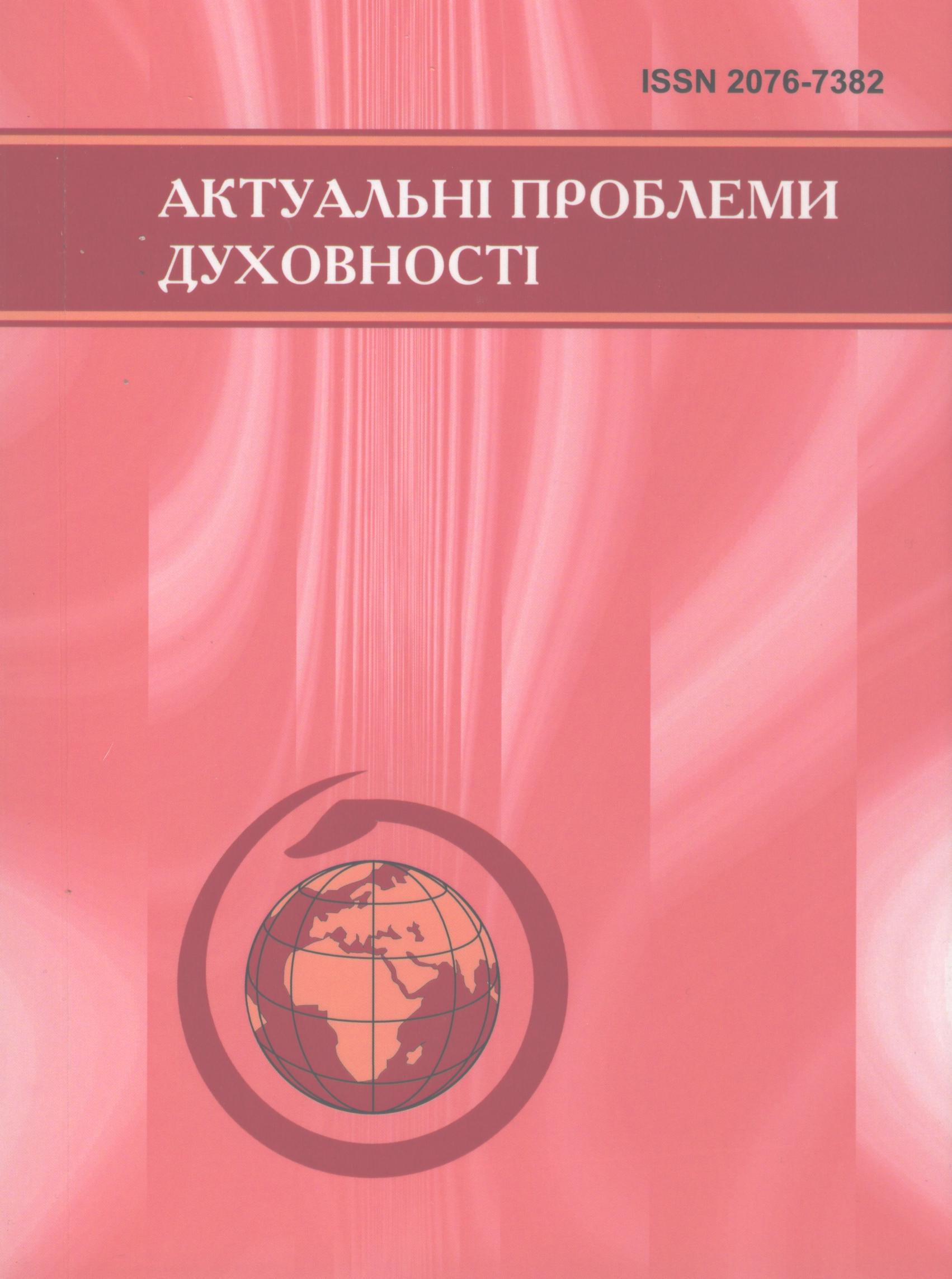What kind of criticism is needed for critical thinking?
DOI:
https://doi.org/10.31812/apd.v0i20.3682Keywords:
critical thinking, critique, criticism, skepticism, transcendentalism, Popper, Latour, KantAbstract
Understanding of critical thinking depends on the notion of criticism that underlies it. Criticism presents judgment, interpretation, evaluation, limitation in their positive and negative manifestations. In general, criticism comes at two levels: as a criticism of foundations and as a critique of method. When criticism concerns both the foundation and the method, there is an outburst of skepticism that can sometimes take excessively extreme forms. Generally, criticism is associated with rather positive phenomena: competitiveness, clarification, protection, improvement, disclosure. The purpose of such criticism is to strive for the truth, to minimize or counteract the shortcomings, to develop a better strategy, optimize, simplify, systematize. Although criticiuniversality of criticism, and therefore there is a need for so-called «criticism of criticism», that assumes criticism that aimed at reviewing one’s own possibility. There are two levels of consideration for criticism: the empirical and the transcendental. Thus, there are differences in the use of the very word «criticism» to denote any evaluation activity or dispute and its use to indicate the process of diagnosing bases and criteria. In our opinion, criticism is possible only with the involvement of the transcendental level, which considers the due, a-priori, unconditional boundaries of the mind.
sm has considerable constructive potential, there is a danger of extending the
Downloads
References
Aristotel. Ritorika // Antichnye ritoriki. — Moskva : Izd. Moskovskogo universiteta, 1978. — S. 15-166.
Egorov A.B. Krizisy v istorii Rima (sobytiya i problemy) // Mnemon. Issledovaniya i publikacii po istorii antichnogo mira. Sbornik statej k 80-letiyu so dnya rozhdeniya prof. E.D. Frolova. — Vyp. 12. — Sankt-Peterburg, 2013. — S. 346-365.
Kant I. Kritika chistogo razuma // Immanuil Kant. Sobr. Soch v 8-mi t. T. 3. — Moskva : Choro, 1994.
Latur B. Pochemu vydohlas kritika? Ot realij fakticheskih k realiyam diskussionnym [Elektronnij resurs] // Hudozhestvennyj zhurnal. — 2015. — No 93. — Rezhim dostupu: http://moscowartmagazine.com/issue/2/article/7
Riker P. Konflikt interpretacij. Ocherki o germenevtike. — Moskva : Akademicheskij Proekt, 2008.
Fragmenty rannih grecheskih filosofov (Chast I). Ot epicheskih teokosmogonij do vozniknoveniya atomistiki / Sost. Lebedev A.V. — Moskva : Nauka,1989.
Franko I.Ia. Iz sekretiv poetychnoi tvorchosti [Elektronnyi resurs] // Literaturno-naukovyi visnyk, 1898. — Rezhym dostupu: http://ukrlit.org/franko_ivan_yakovych/iz_sekretiv_poetychnoii_tvorchosti
Khabermas Yu. Do rekonstruktsii istorychnoho materializmu. IV. Lehytymatsiia. 10. Shcho oznachaie sohodni «kryza»? // Filosofiia osvity. Philosophy of Education. — 2017. — 21(2). — S. 6-28. https://doi.org/10.31874/2309-1606-2017-21-2-6-28
Halpern D. Psihologiya kriticheskogo myshleniya. — Sankt-Petreburg : Piter, 2000.
Horkhajmer M. Zatmenie razuma. K kritike instrumentalnogo razuma. — Moskva : Kanon+; ROOI «Reabilitaciya», 2011.
Butler J. What is critique? An essay on Foucault’s virtue // The political: Blackwell readings in continental philosophy. — Malden, Mass : Blackwell Publishers, 2002. — P. 212-226.
Horkheimer M. Between Philosophy and Social Science. — Cambridge : MIT Press, 1993. — P. 19-22.
Lipman M. Critical thinking — What can it be? // Educational Leadership. — 1988. — Vol. 46(1). — P. 38-43.
Popper К.R. The Myth of the Framework // Essays in Honour of Paul Arthur Schillp. The Abdication of Philosophy: Philosophy and Public Good. — La Salle, Illinois : Open Court, 1976. — P. 23-48.
Williams R. Criticism // Keywords. A vocabulary of culture and society. — New York : Oxford University Press, 1983. — Р. 84-87.
Downloads
Published
Issue
Section
License
Copyright (c) 2019 Nadiia Kozachenko

This work is licensed under a Creative Commons Attribution 4.0 International License.





